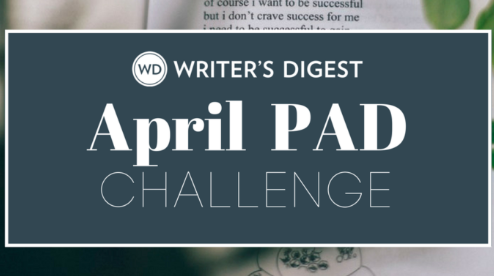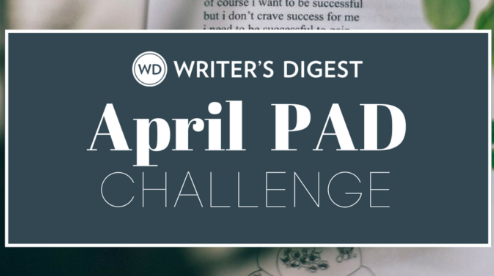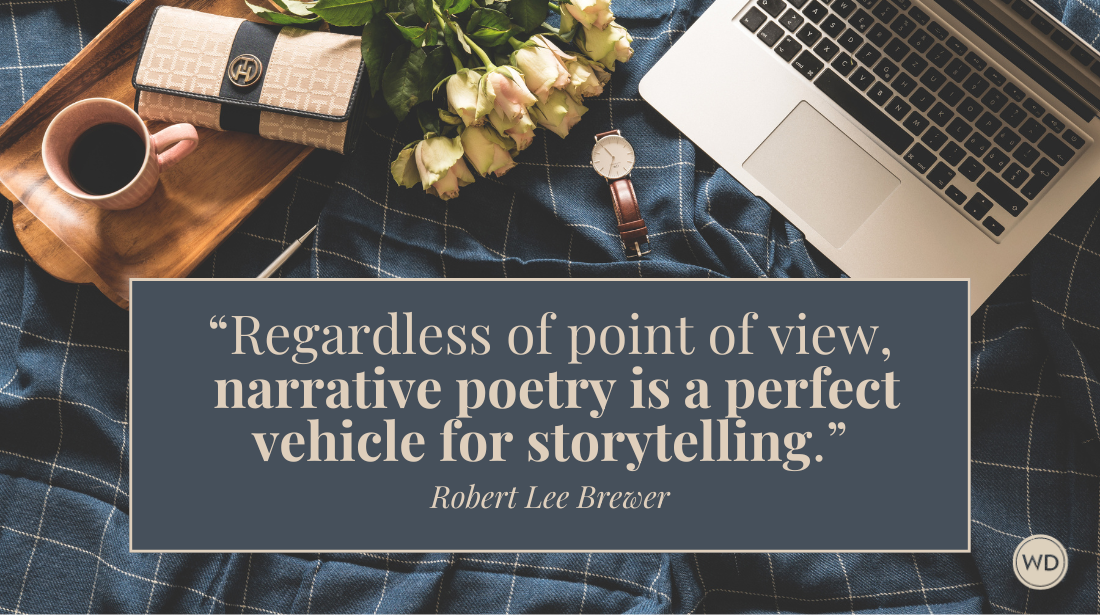How to Revise Poetry: One Simple Rule
When it comes to your revision, there’s one simple way how to revise poetry without the pressure or responsibility of making your poem “better.” Instead, you can actually have fun continuing with the process of poetic creation.
When it comes to your revision, there's one simple way how to revise poetry without the pressure or responsibility of making your poem "better." Instead, you can actually have fun continuing with the process of poetic creation.
How to Revise Poetry
Most poets know the joy of writing poetic first drafts. There's nothing like putting pen to paper (or fingers to keyboard) and crafting one line after another down the page (or screen) until you hit the end. Maybe with a little fist pump for finishing a new poem. It's a liberating, purposeful feeling.
However, many poets view revision as the antithesis of crafting poems. I've heard poets refer to the revision process as work. Or they claim it strips the energy out of the first draft. Or that it's some mysterious act that they just don't understand how to perform.
I'm here to tell you that the revision process does not need to be mysterious, laborious, or trying. In fact, it should be just as fun and liberating as that first draft. Since there are so many mixed views on poetry revision, I like to refer to my process as recreating poems. After all, revision is just a continuation of the creation process.
And my one simple rule is to play with your poetry, whether you're working on your first draft or 21st draft.
*****
Recreate Your Poetry!
Revision doesn’t have to be a chore—something that has to be done after the joy of the first draft. In fact, revision should be viewed as an enjoyable extension of the creation process—something that you want to experience after the joy of the first draft.
Learn the three rules of revision, seven revision filters, common excuses for avoiding revision (and how to overcome them), and more in this power-packed poetry revision tutorial.
*****
Some Ways to Play With Your Poetry
Believe me, I used to stress out about the revision process myself. For one, I just didn't know what to do. For another, revision felt like work, akin to folding laundry or cleaning my room—both of which are worthwhile pursuits, but they're not exactly fun. Once I realized that revision isn't something to be tolerated but actually enjoyed, it unlocked my entire poetic process.
So here are a few ways I like to play with my poetry:
- Play with form. This may mean seeing if your first draft could be turned into a traditional poetic form, but it could also mean that your sonnet or villanelle would work better as free verse or a nonce form. (By the way, check out 100 poetic forms right here.)
- Play with sounds. I love the music of poetry, those sounds that lead me from one word and line to the next. Sure, end rhymes are great (I love them anyway), but poets can also play with internal rhymes, alliteration, consonance, and slant rhymes too. Look at what you've already naturally done in your first draft and see if there are ways to amplify the sound.
- Play with scale. Not musical scale, but the scale of your poem. For instance, if you've written a very personal poem, play around with ways to expand the focus into a broader conversation on the topic (without being didactic, of course). Or take a very expansive first draft and play around with ways to personalize it.
- Play with metaphors. If your poem already has similes, then yes, try metaphors! It's the difference between being like something and actually being something. But even if you don't have similes, play around with metaphors to breathe new life into your poems. This is a fun (and effective) way to deal with difficult or overdone topics, in particular.
There are more ways to revise or recreate your poetry, but the most important thing to remember is that first simple rule: That you're playing with your poetry. And playing is meant to be fun.
If you find that an earlier draft works better, that's great. Revert back to the earlier draft. But once you start playing with your poems you may find that it's even more exciting than the fire of crafting first drafts.
Be sure to comment below if you have a favorite way to play with your poems.
Robert Lee Brewer is Senior Editor of Writer's Digest, which includes managing the content on WritersDigest.com and programming virtual conferences. He's the author of 40 Plot Twist Prompts for Writers: Writing Ideas for Bending Stories in New Directions, The Complete Guide of Poetic Forms: 100+ Poetic Form Definitions and Examples for Poets, Poem-a-Day: 365 Poetry Writing Prompts for a Year of Poeming, and more. Also, he's the editor of Writer's Market, Poet's Market, and Guide to Literary Agents. Follow him on Twitter @robertleebrewer.





